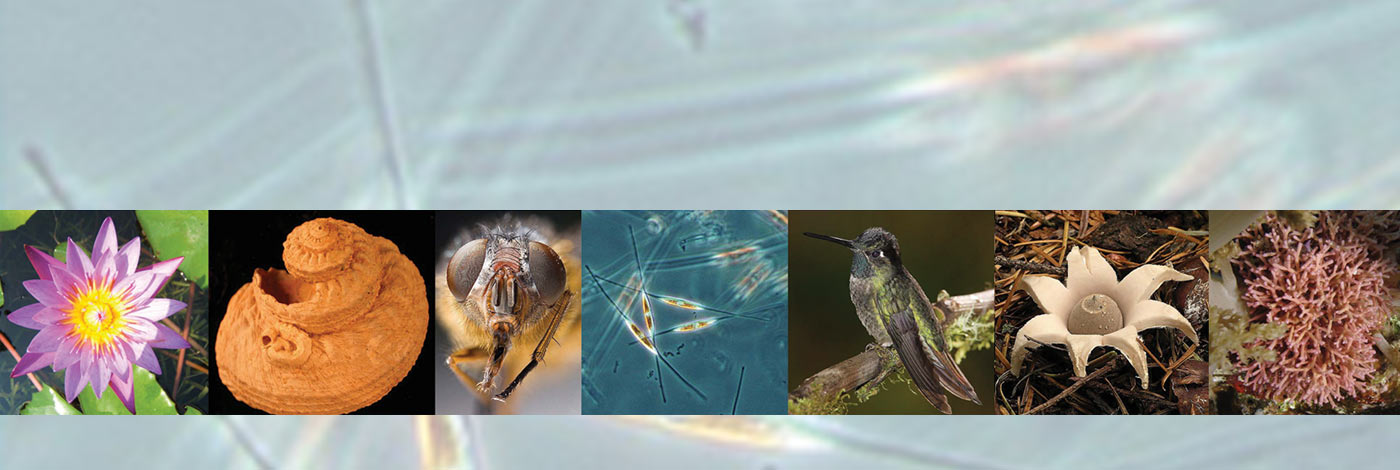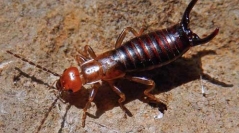

 European Journal of Taxonomy
860 (81) - Pages 81-115
European Journal of Taxonomy
860 (81) - Pages 81-115Male cerci variability was used as the main source of information to separate taxonomic units in the genus Pseudochelidura. Based on these data it was considered that three species of Pseudochelidura coexisted in the Pyrenees: P. sinuata, P. minor and P. montuosa. However, our phylogeographic and phylogenetic analyses based on molecular data (mitochondrial cytb and nuclear ITS2) do not support those conclusions. Combining these analyses with morphological studies we concluded that: 1) the Pyrenees are inhabited by a single evolutionary unit: P. sinuata (Germar, 1825) (= P. minor Steinmann, 1979 syn. nov., = P. montuosa Steinmann, 1981 syn. nov.). 2) Cantabrian and Pyrenean populations are reciprocally monophyletic and morphologically diagnosable representing two independent evolutionary units: Pseudochelidura cantabrica Cuesta-Segura, Jurado-Angulo & García-París sp. nov. and P. sinuata. And, 3) their conservation status needs to be evaluated in the light of current taxonomic changes. We have shown that the use of male cerci for species identification is problematic. Patterns of variation possibly affected by sexual selection (e.g., intrapopulational variability) appear to be very difficult to separate from variation driven by natural selection or genetic drift (i.e., character divergence in geographical isolation). The large sequence divergence observed between Pyrenean and Cantabrian populations of Pseudochelidura suggest a lasting genetic and geographic isolation between them, rendering difficult to ascertain their phylogenetic relationships.